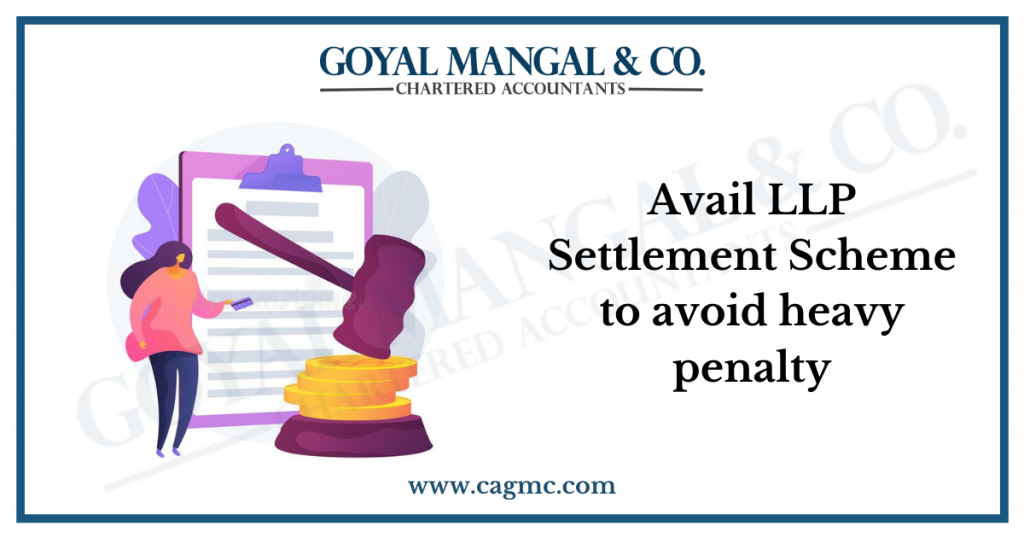| Table of Content |
A Digital Signature Certificate is a secure digital key that is issued by the certifying authorities for the purpose of validating and certifying the identity of the person holding this certificate. Digital Signatures make use of the public key encryptions to create the signatures.
A digital signature certificate (DSC) contains information about the user’s name, pin code, country, email address, date of issuance of certificate and name of the certifying authority.

Why it is necessary to obtain?
Digital Signature Certificates are helpful in authenticating the personal information details of the individual holder when conducting business online.
Integrity of data: Documents that are signed digitally cannot be altered or edited after signing that makes data safe and secure. The government agencies often ask for these certificates to cross-check and verify the business transaction.
Reduce time and cost: Instead of signing the hard copy documents physically and scanning them to send them via e-mail, you can digitally sign the PDF files and send them much more quickly. It reduce both time and cost of Individual holder The Digital Signature certificate holder does not have to be physically present to conduct or authorize a business
Authorities that are certifying for Digital Signature Certificate (DSC)
The Controller of Certifying Authority for the purpose of issuing digital signatures in India has authorized E-Mudhra as one of the certifying authority for issuance of Digital Signature Certificate.
Other certifying authorities may include (n) Code Solutions, National Informatics Centre, Safe script and Institute for Development and Research in Banking Technology.
Classes of Digital Signature Certificate (DSC)
The type of applicant and the purpose for which the Digital Signature Certificate is obtained defines the kind of DSC one can apply for depending on their need. There are three types of Digital Signature certificates issued by the certifying authorities.
Class 1 Certificates: These are issued to individual/private subscribers and are used to confirm that the user’s name and email contact details from the clearly defined subject lie within the database of the certifying authority.
Class 2 Certificates: These are issued to the director/signatory authorities of the companies for the purpose of e-filing with the Registrar of Companies (ROC). Class 2 certificate is mandatory for individuals who have to sign manual documents while filing of returns with the ROC.
Class 3 Certificates: These certificates are used in online participation/bidding in e-auctions and online tenders anywhere in India. The vendors who wish to participate in the online tenders must have a Class 3 digital signature certificate.
How can one apply for Digital Signature Certificate (DSC)?
Following are the requirements for Applying for Digital Signature Certificate:
- Submission of DSC Application form duly filled in by the applicant
- Producing Photo ID proof
- Producing Address proof
Fulfilling statutory compliances
Individuals and entities that are required to get their accounts audited have to file their income tax return compulsorily using a digital signature. Furthermore, the Ministry of Corporate Affairs has made it mandatory for companies to file all reports, applications, and forms using a digital signature only.
Under GST also, a company can get registered only by verifying the GST application through a digital signature. The use of a digital signature is necessary even for filing all applications, amendments and other related form.


